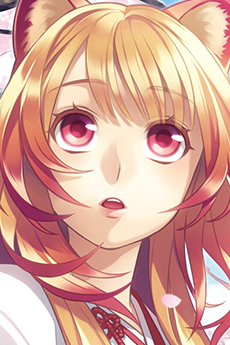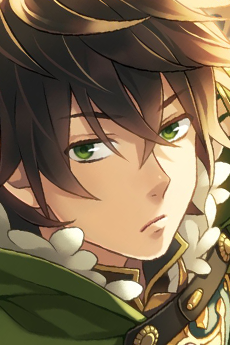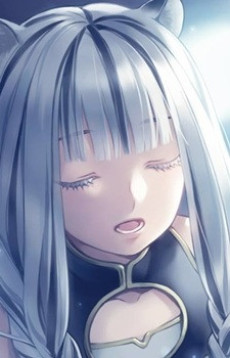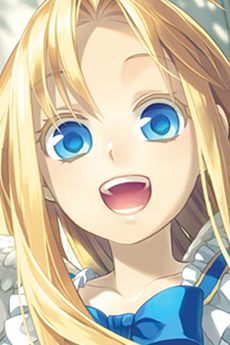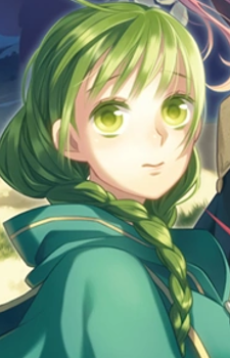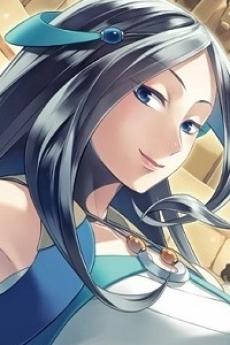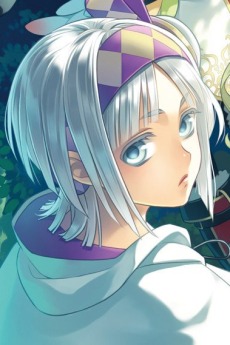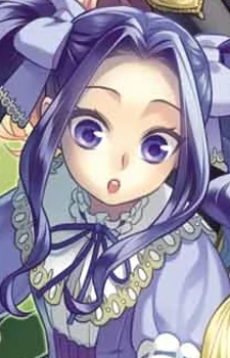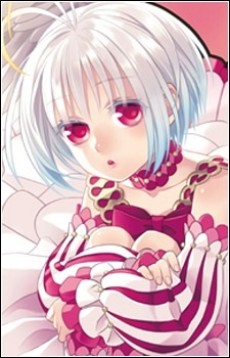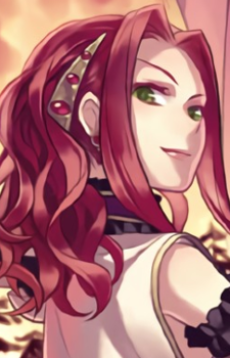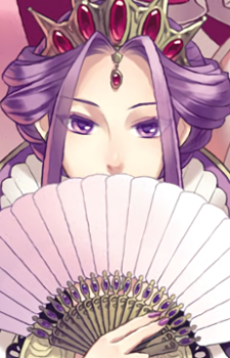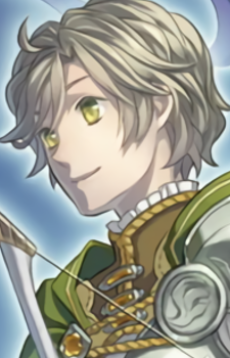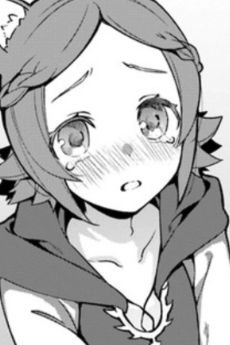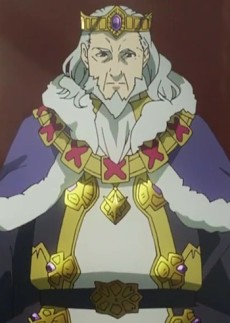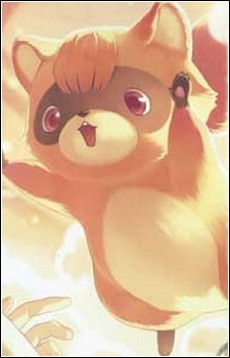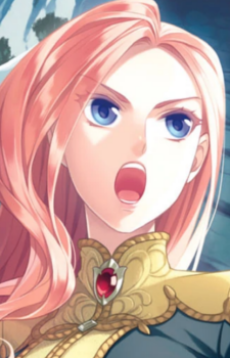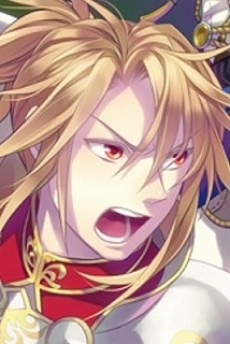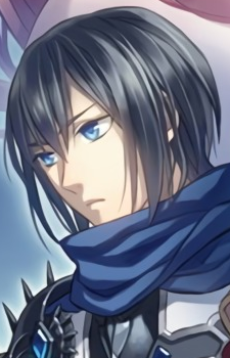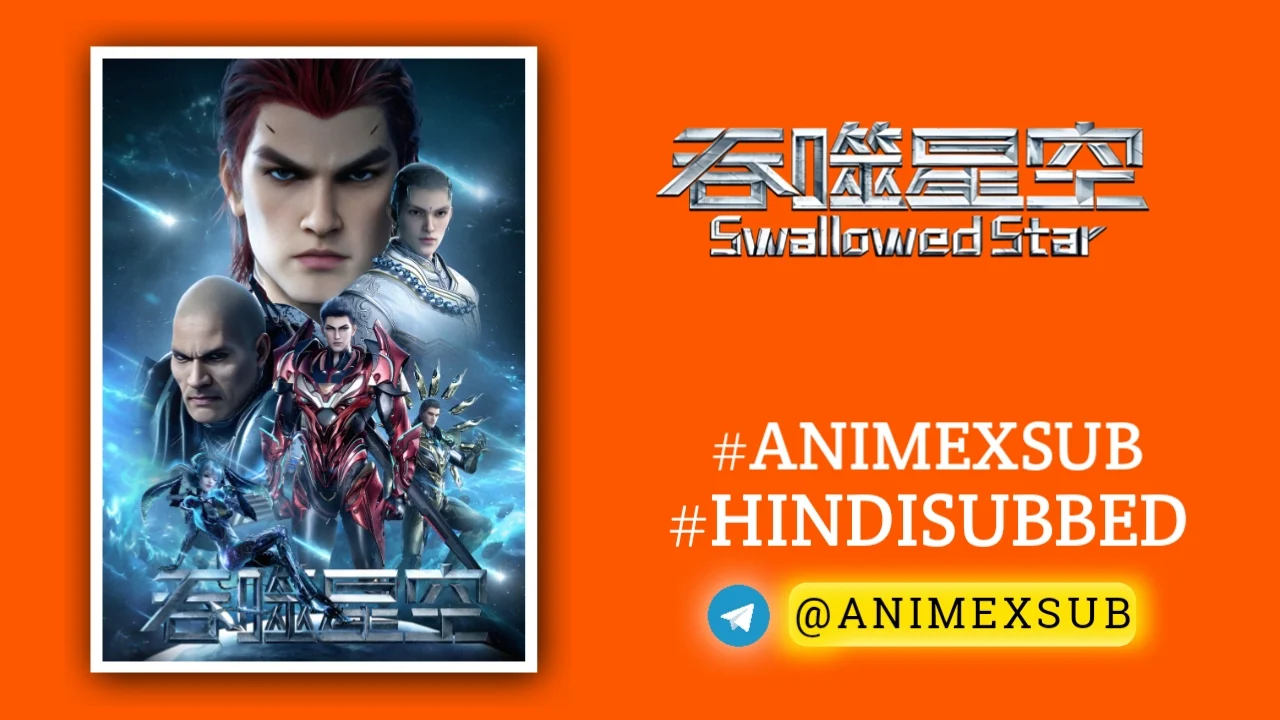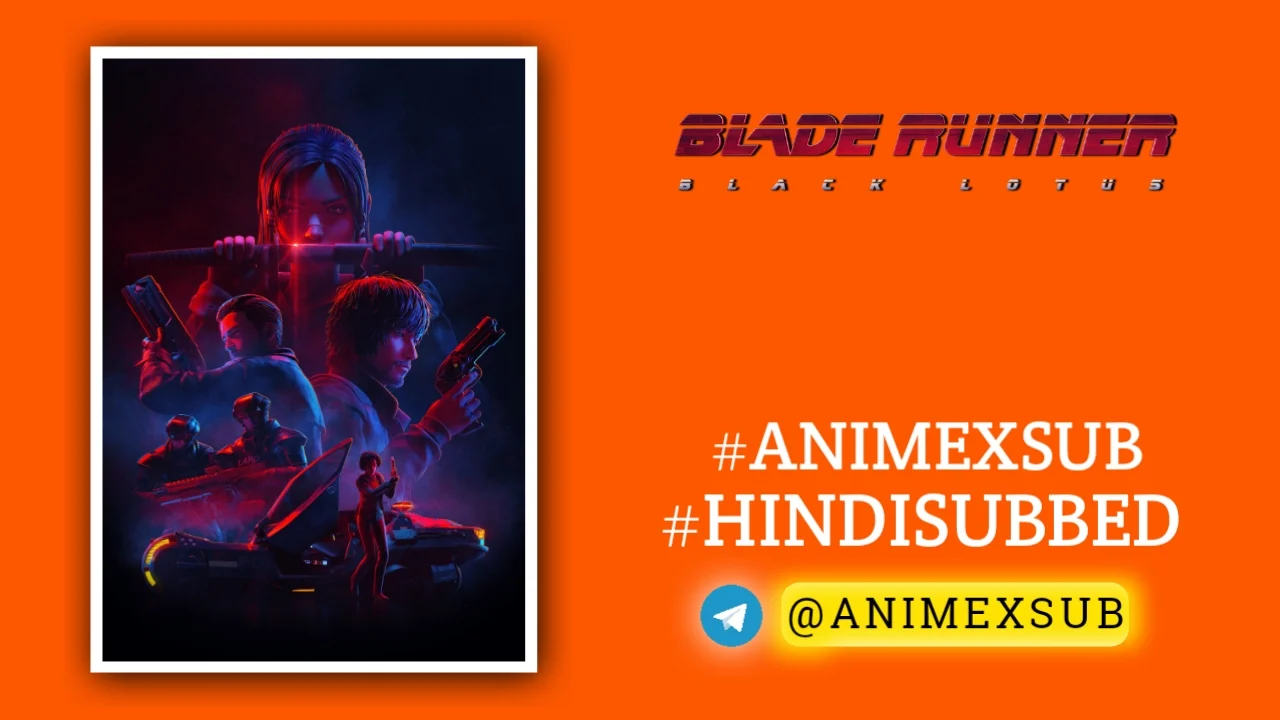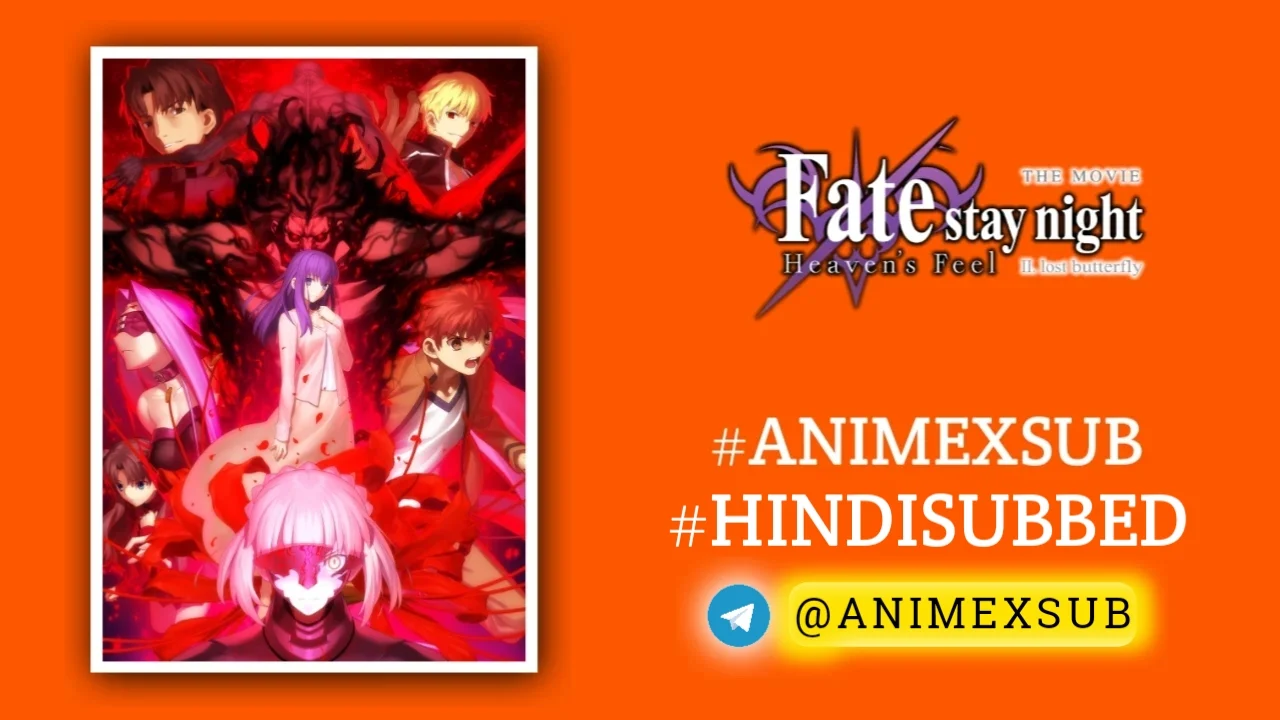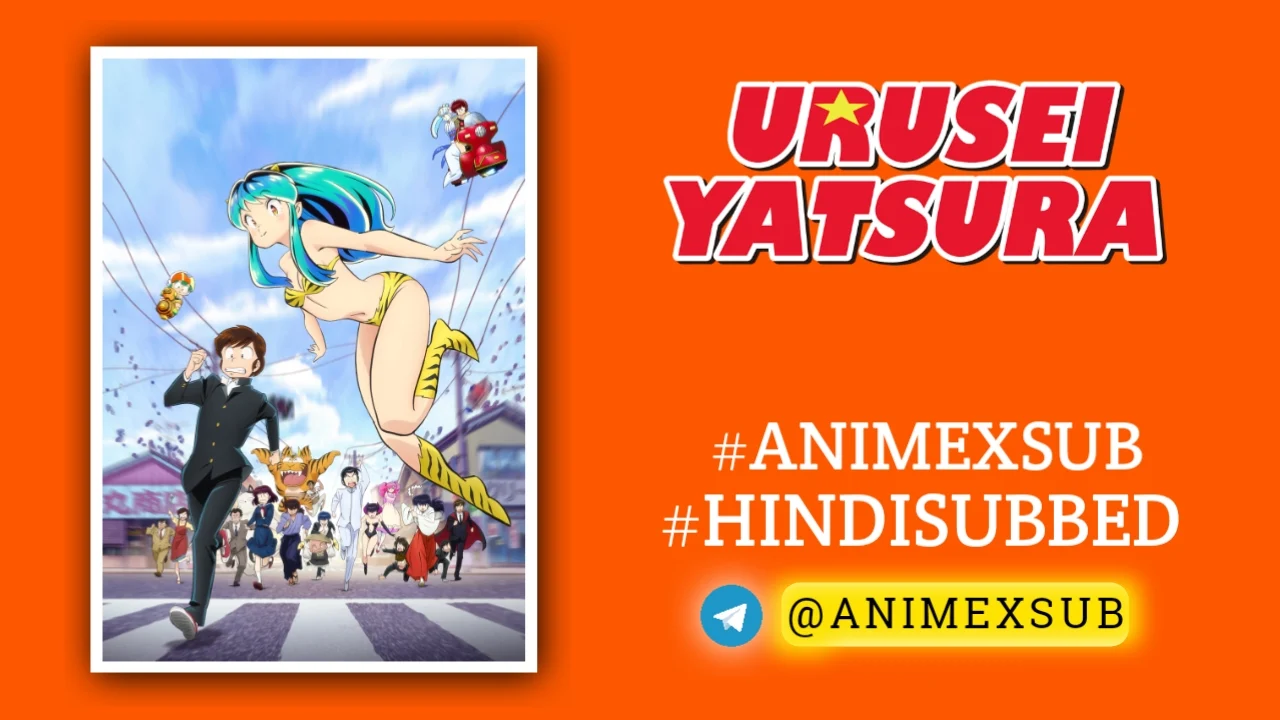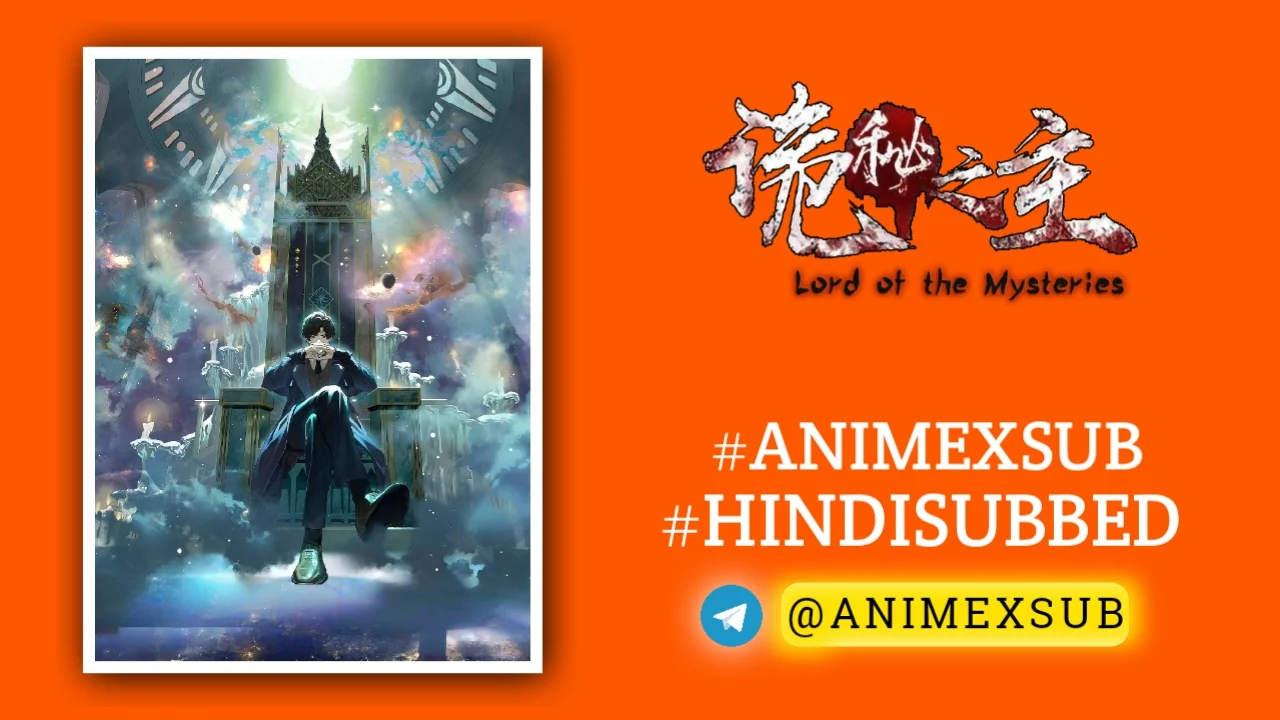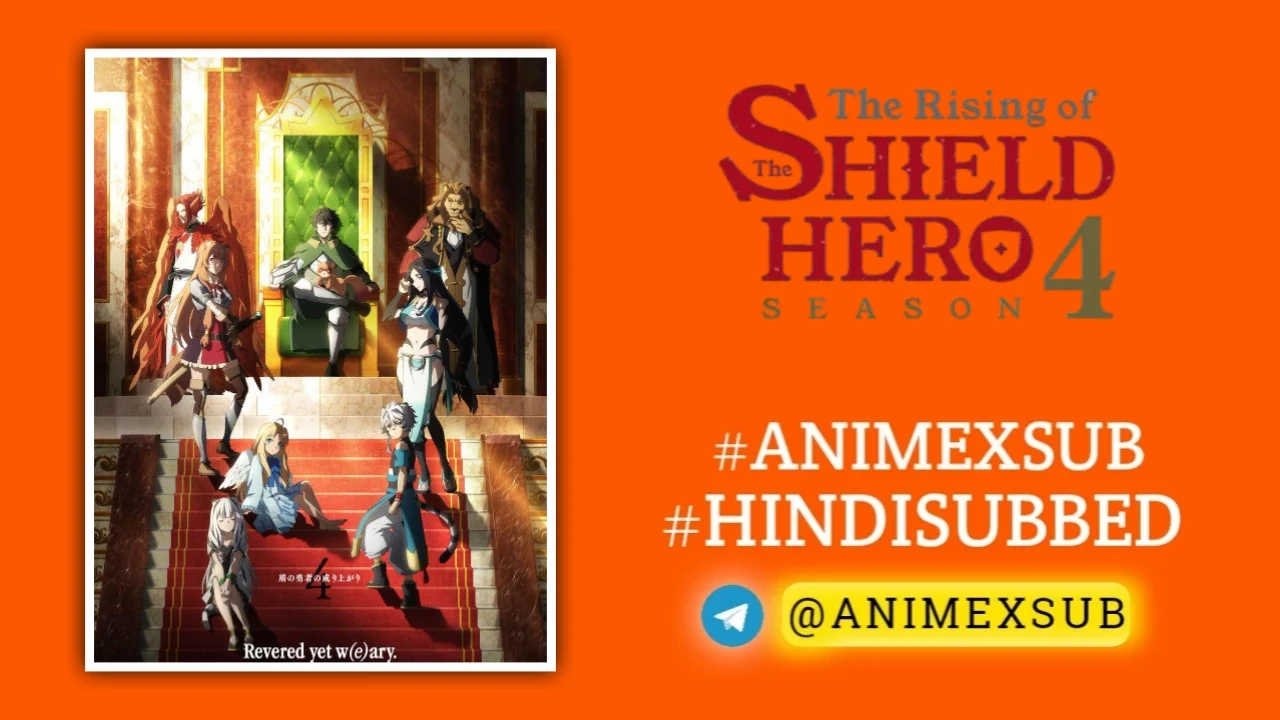
The Rising of the Shield Hero Season 4 Hindi Subbed [05/12] {Ongoing}

Tate no Yuusha no Nariagari Season 4
The Rising of the Shield Hero Season 4Synopsis
The fourth season of Tate no Yuusha no Nariagari. As Naofumi prepares for the Phoenix’s return, assassins from Q’ten Lo target Raphtalia, mistaking her for a throne usurper. To resolve the conflict, Naofumi journeys to Siltvelt, where he is hailed as a demi-human savior, but not all welcome him. In politically volatile Q’ten Lo, Raphtalia becomes a revolutionary symbol. Amid rising chaos, can Naofumi unite his allies and guide them to salvation? (Source: Crunchyroll News)
Watch Trailer
Characters
The Rising of the Shield Hero Season 4: A Deep Dive into a Fractured Legacy
The Rising of the Shield Hero has been a polarizing force in the isekai genre since its explosive debut in 2019. Season 1 captivated audiences with its raw emotional stakes, a protagonist betrayed and hardened by circumstance, and a fresh take on the overdone “transported to another world” trope. Naofumi Iwatani, the Shield Hero, became an underdog icon, clawing his way from disgrace to redemption through grit and loyalty to his companions, Raphtalia and Filo. However, the series’ subsequent seasons faltered, drawing criticism for rushed pacing, diluted character arcs, and detours that strayed from the core narrative. Now, with Season 4, which premiered on July 9, 2025, the series attempts to reclaim its former glory while navigating the weight of its own legacy. This review dissects the season’s strengths, flaws, and ambitions, offering a critical lens on whether it delivers the next-level storytelling fans crave or stumbles under its own complexity.
A New Chapter with Familiar Shadows
Season 4, animated by Kinema Citrus and directed by Hitoshi Haga, picks up after the uneven third season, plunging Naofumi and his party into the beastman kingdom of Siltvelt, where he is revered as a living god. The central conflict revolves around Raphtalia, who faces assassination attempts from Q’ten Lo due to her royal lineage, a plot point seeded in Season 3. To resolve this, Naofumi must navigate Siltvelt’s rigid caste system and political machinations before heading to Q’ten Lo, all while the looming threat of the Phoenix and the Waves—the series’ original stakes—hovers in the background.
The season’s opening episodes establish a shift in tone, leaning heavily into political intrigue and social commentary. Siltvelt’s hierarchy, where the Shield Hero and the “four great races” lord over the lower castes, serves as a microcosm for exploring power dynamics, prejudice, and rebellion. The narrative questions whether Naofumi’s presence as a revered figure could destabilize this system, potentially sparking a revolution at a time when unity is critical. This premise is ambitious, offering a departure from the monster-slaying action of Season 1 and delving into themes of governance and societal reform. Yet, it also risks alienating viewers who were drawn to the series for its visceral battles and personal stakes.
The Good: A Return to Character-Driven Stakes
One of Season 4’s strongest assets is its attempt to refocus on Naofumi and Raphtalia’s relationship, which was the emotional core of Season 1. The assassination plot targeting Raphtalia feels personal, tying back to her origins and forcing Naofumi to confront his protective instincts. Early episodes hint at her grappling with her identity as a potential ruler, a development that could restore the depth she lost in Seasons 2 and 3, where she was often reduced to a supporting figure in Naofumi’s growing harem. The show’s decision to foreground her backstory—particularly her ties to Q’ten Lo—feels like a course correction, though it remains to be seen if it will fully restore her agency.
New characters, such as Werner (voiced by Takeo Otsuka) and Jaralis (voiced by Jiro Saito), add intrigue to the Siltvelt arc. Werner, a winged Shusaku representative, and Jaralis, a lion demi-human, embody the kingdom’s factional tensions, offering fresh perspectives on Naofumi’s role as a hero. Their introduction avoids the overcrowding that plagued earlier seasons, where new characters often felt like filler. Instead, they serve as catalysts for exploring Siltvelt’s cultural and political fault lines, enriching the world-building.
The animation remains a high point, with Kinema Citrus delivering vibrant visuals and fluid character designs. The opening theme, “Resolution” by MADKID, pulses with energy, capturing the season’s defiant tone, while Chiai Fujikawa’s ending, “Eien ni Ikkai no,” adds an emotional undercurrent that complements the character-driven focus. Kevin Penkin’s score, augmented by Alfredo Sirica and Natalie Jeffreys, continues to elevate key moments, though it doesn’t quite match the iconic intensity of Season 1’s soundtrack.
The Flawed: Stumbling Over Ambition
Despite its promising start, Season 4 struggles to balance its ambitions with the series’ core identity. The shift toward political drama, while intellectually engaging, feels like another detour from the Waves, the existential threat that defined Season 1. Fans have long criticized the series for sidelining this central conflict in favor of side quests, and Season 4’s focus on Siltvelt’s politics risks repeating this mistake. The narrative feels bogged down by exposition, with characters often explaining information redundantly, as noted in reviews of Episode 3. This clunky dialogue undercuts the tension, making the political stakes feel more academic than visceral.
Naofumi himself is another point of contention. While his distrustful, pragmatic personality was a highlight of Season 1, Season 4 often relegates him to a passive role, with other characters—like Atla—taking center stage in resolving conflicts. This choice, possibly meant to highlight his growth as a leader who delegates, instead makes him feel sidelined in his own story. Critics have pointed out the irony: a hero revered as a god is often a bystander in his own narrative, a flaw that undermines the season’s momentum.
The action, when it appears, is another weak point. Episode 4’s anticipated conflict disappoints with lackluster choreography and minimal stakes, a far cry from the gripping battles of Season 1, such as Naofumi’s duel with Glass. The show seems torn between its desire for cerebral storytelling and the action-driven roots that defined its early success, resulting in a season that feels neither fully committed to one nor adept at blending both.
A Fractured Legacy: The Weight of Expectations
Season 4 cannot escape the shadow of its predecessors. Season 1 was lauded for its emotional depth and subversive take on isekai tropes, earning accolades like Raphtalia’s “Best Girl” win at the 2020 Crunchyroll Anime Awards. However, Seasons 2 and 3 were criticized for rushed pacing, poor adaptations of the light novels, and a dilution of the revenge-driven narrative that made the series unique. Season 2, in particular, was lambasted for cramming four volumes into 13 episodes, resulting in plot holes and lackluster CGI, while Season 3’s attempt to recover was marred by inconsistent focus.
Season 4 feels like an attempt to reconcile these missteps while forging a new path. The focus on Raphtalia’s heritage and Siltvelt’s societal flaws suggests a return to the social commentary that made Season 1 resonate, particularly its exploration of betrayal and systemic injustice. However, the season risks overcorrecting by leaning too heavily into politics at the expense of action and character development. Fans on platforms like Reddit have expressed frustration with the series’ pacing, arguing that major events from the light novels—like Naofumi’s name being cleared or the church conspiracy—were rushed in Season 1, leaving subsequent seasons to flounder with less compelling material.
The show’s handling of its controversial elements, such as slavery and harem dynamics, also remains a sticking point. While Season 1 framed Naofumi’s purchase of Raphtalia as a desperate act born of betrayal, later seasons leaned into harem tropes, diluting her role and alienating some viewers. Season 4’s focus on Raphtalia’s agency could address this, but early episodes suggest the harem dynamic persists, potentially undermining her growth.
What’s Next: Can Season 4 Redeem the Series?
As of its early episodes, Season 4 is a mixed bag—a blend of ambitious world-building and frustrating detours. Its strengths lie in its character-driven stakes, particularly Raphtalia’s arc, and its exploration of Siltvelt’s societal tensions. However, it struggles to deliver the action and emotional intensity that defined Season 1, and its pacing issues persist. The season’s success hinges on whether it can integrate its political themes with the Waves narrative, giving Naofumi a more active role and delivering satisfying payoffs for long-teased elements like the Phoenix and the former king’s backstory.
For fans of the light novels, Season 4’s fidelity to Aneko Yusagi’s source material remains a question mark. Previous seasons, particularly Season 2, were criticized for omitting key details and rushing pivotal arcs, and early reviews suggest Season 4 may still struggle with pacing. However, the return of Hitoshi Haga as director and the involvement of Kinema Citrus offer hope for a more cohesive adaptation.
Final Thoughts: A Hero’s Burden
The Rising of the Shield Hero Season 4 is a bold but flawed attempt to recapture the magic of its debut while navigating the series’ complex legacy. It offers moments of brilliance—Raphtalia’s personal stakes, Siltvelt’s societal critique, and strong visuals—but stumbles with passive storytelling and a lack of action. For longtime fans, it’s a season that teeters on the edge of redemption, promising deeper character exploration but risking further detours from the core narrative. For newcomers, it’s a harder sell, as the weight of three prior seasons is felt in every frame.
Ultimately, Season 4’s success will depend on its ability to balance its ambitions with the raw, emotional storytelling that made Naofumi’s journey unforgettable. It’s a high bar, but one the Shield Hero has cleared before. Whether he can do so again remains the question that will define this season’s place in the series’ fractured legacy.1
Support Our Anime Community!
Love watching the latest anime? Help us keep uploading new episodes by join telegram channel ❤️
Join Now!